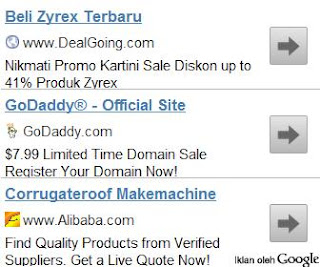Facebook is still involved in another row over its advertising policy, but this time instead of the user to make a fuss - it is the advertisers.
Major customers such as Nissan and the new Nationwide pulled the plug on their Facebook campaigns for their ads appear alongside offensive, sometimes the content is really full of hate.
This does not mean that people have been silent about the offensive posts. The advertisers have been asked to act in an outpouring of anger that their ads alongside content glorification of sexual violence or gay bashing placed.
The advocacy group also lobbied Facebook to delete some of the posts in recent months, but apparently did not succeed.
Facebook immediately respond to the loss of advertising, but the publication of a statement on Tuesday explaining his attitude toward controversial and posting hate speech, and explain why it took so long to remove the offending content.
Facebook, the site will be a place where ideas can be expressed freely and exchange, he said, even if it means that some users may post offensive or controversial.
However, Facebook is not going to tolerate speech that is directly harmful, and banning "hate speech".
Facebook admitted that it was negligent in identifying and eliminating hate speech, especially around issues of gender hatred.
"Located in some cases, content is not as fast as we want," said Marne Levine, vice president of global public policy. "In other cases, the content should be removed or have not been evaluated by the criteria obsolete."
Facebook has a number of steps to ensure that the protective measures work better, including updating training for the team to analyze report hate speech and set the foundation lines of more formal communication with representatives of women's groups and other associations.
Strict targeting?
From a practical perspective, there are other steps to take Facebook so that all parties - or at least the advertisers - kept happy.
For one thing, it could use a tight targeting, suggested Rob Enderle, principal of the Enderle Group.
"If you target the advertising firm and content to users, then you are much less likely content and advertising together that do not belong together," he told TechNewsWorld.
While tighter targeting automatic can to a certain extent, to remove content requires human interaction at some point in the process, noted Charles Palmer, professor of new media at Harrisburg University of Science and Technology.
"I sympathize with the Facebook for the identification and removal of hateful language and images is a manual process, and can not be done fast enough for the general public," he told TechNewsWorld. "Facebook is relying on the public to report an inappropriate picture, but this is a slow and tedious process."
The First Amendment only restricts government action, said Martin Margulies, professor emeritus at Quinnipiac University School of Law, told TechNewsWorld.
"Far from limiting First Amendment rights, advertisers have a First Amendment right to their own - asking on Facebook, reject, or separating it from the speech that they find offensive," he added.
"And Facebook is a private actor, as well as the First Amendment right to decide how to respond -., By resisting pressure to advertisers or what not violate the First Amendment when they choose the last option," Margulies noted.
In addition, there are no laws against hate speech called, he added. "The law, if applied consistently pronounced unconstitutional. Based on the First Amendment"
skip to main |
skip to sidebar
Advertiser Objections to Facebook
Advertisement


Labels:
News
Advertisement


Related Posts : Advertiser Objections to Facebook
All Contents Copyright © 2013 IND Themes™. Designed By Wordpress Themes

0 comments:
Post a Comment